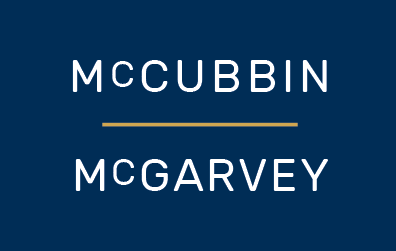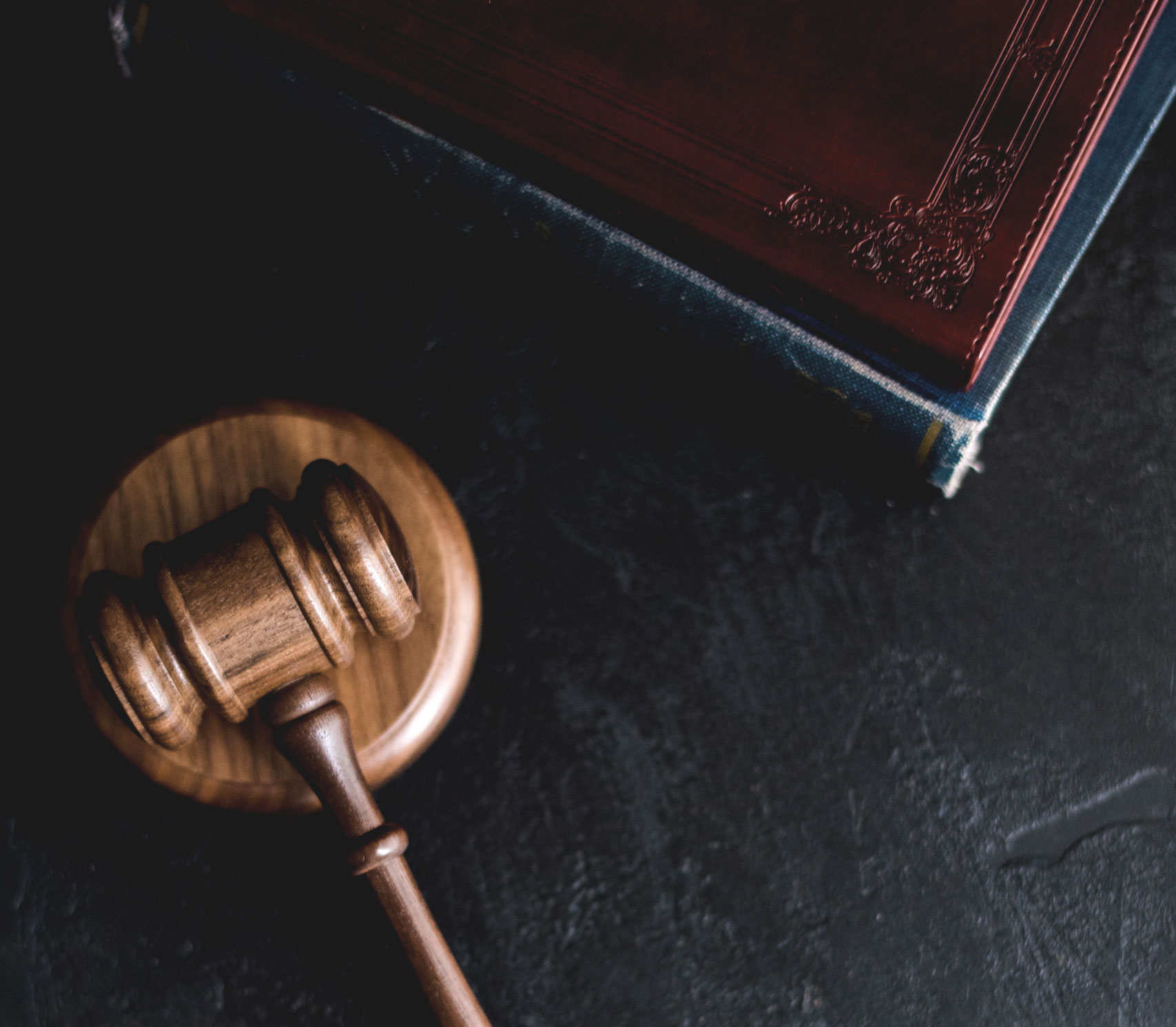Criminal Defence
At McCubbin McGarvey our goal is to provide you with the highest level of personal service and to obtain the best possible result in your circumstance while always protecting your best interests.
Our team provides criminal defence for all types of criminal charges, particularly including complex criminal cases of: sexual offences, impaired driving, drug offences, theft, assault, firearms, and motor vehicle offences. We coordinate services such as licensed private investigators, medical experts, engineers, auto accident reconstruction experts and treatment providers to provide you with the best defence possible.
– Chronology of a Criminal Matter
The following describes the basic chronology of a criminal matter, including the event, complaint, Report to Crown Counsel, charge approval, swearing of the Information, the process for compelling attendance in court, court appearances, and resolution. The process is complex, and anyone facing criminal charges needs to understand his or her rights within the context of his or her particular circumstances. As with all of the information provided on our website, the following is not legal advice nor a substitute for legal advice. If you have questions or concerns related to a criminal charge, please contact us to schedule a consultation.

